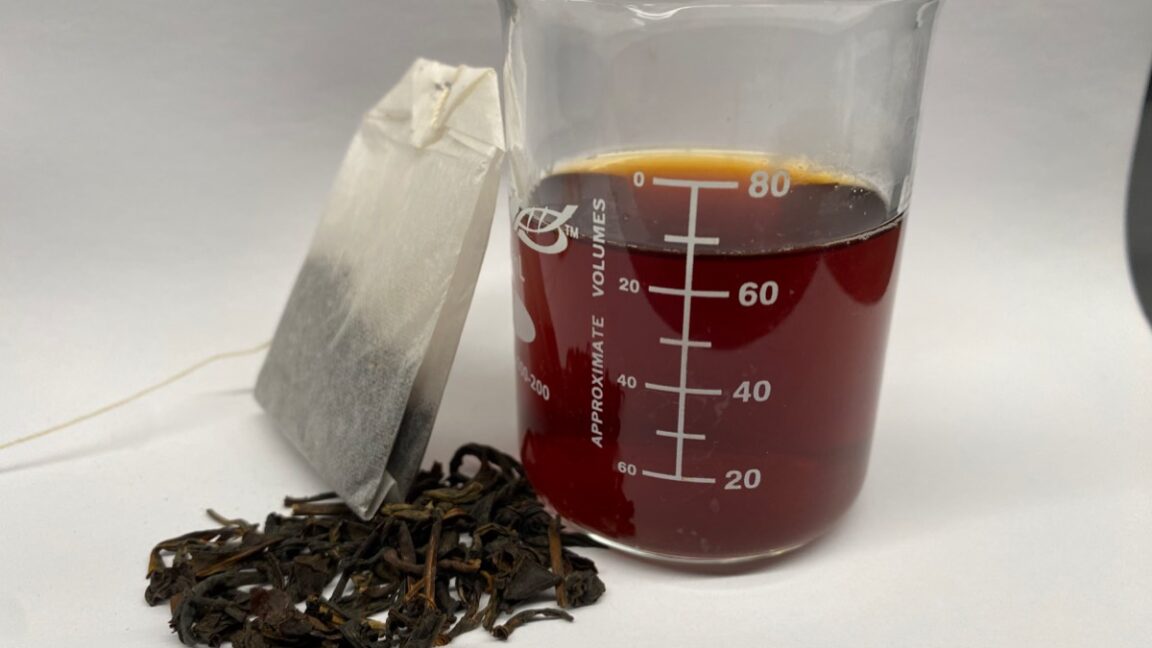- cross-posted to:
- health@lemmy.world
- cross-posted to:
- health@lemmy.world
Most nutrition studies focus on things like polyphenols, caffeine, or other chemicals released during brewing, but such research overlooks a unique aspect of tea: unlike most food and drink, tea leaves are not directly consumed, and the brewing process allows tea leaves to adsorb chemicals as well as release them—most notably heavy metal toxins like lead, arsenic, or cadmium. (Adsorption is when a substance adheres to the surface of something; absorption is when a material takes in a substance.)
Well, maybe I’ll start drinking tea.



So… wait. Did I read this right?
No matter how they brewed it, they filtered it a second time through cellulose. While steep time seems to be a factor, isn’t the cellulose doing the heavy lifting here?
Tannins and other compounds in tea can bind to heavy metals. Tho’ really I’d suggest not drinking water that has heavy metals in it, if at all possible. Edit: And for that matter, it would be amazing to avoid heavy metals in food as well.
Yeah, hopefully there was a control done with just water (no tea) at the same temperature also passed through the second filter. I can’t seem to get the whole paper without a subscription (or school/work/library account). Anyone have access and can confirm the details?
there was
Seems like if that’s was the case, steep times wouldn’t matter. Why would tea steeped longer have significantly less metal in it than tea steeped shorter if they both got poured through the same filter?